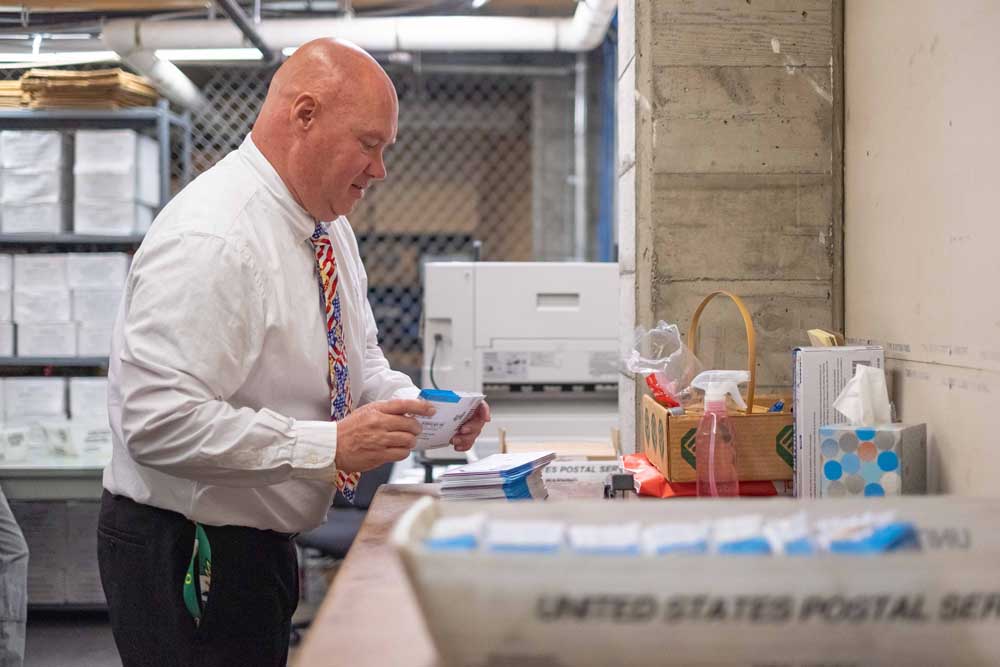School chiefs watch Salem
Published 11:48 am Monday, August 19, 2002
School superintendents in Umatilla County are applauding efforts to override the governor’s vetoes of two key budget-balancing bills.
But schools throughout the state remain in limbo on state funding after the House adjourned Friday without voting on a measure that would provide $267 million for schools.
The Senate on Friday easily overrode that veto by Gov. John Kitzhaber but didn’t vote on the other key budget balancing bill, which would sell $50 million in cigarette tax-backed bonds and give the money to schools. The House failed to override that bill by one vote.
The fourth special session of the year will reconvene Tuesday.
Pendleton Superintendent Jim Keene said that while he understands the governor is interested in forging a long-term solution, this is clearly not the time.
“We are already into a new school year,” said Keene. “It is the wrong time to eliminate the basic funding we need to operate our schools in the coming year. We are just days away from welcoming back our students for another year.”
In Ukiah, Superintendent Dan Korber said he is “100 percent behind the efforts of local legislators to override the veto and restore funding to the state’s public schools.”
George Murdock, superintendent of the Umatilla-Morrow Education Service District, said he believes that the veto is “unconscionable. The Governor has had eight years to help frame a long-term, permanent solution to Oregon’s school funding woes. You don’t do something like this on the eve of a new school year. We have schools opening for classes this week.”
While the fight between the Legislature and the governor may be viewed “at the upper echelons of state government” as a “high stakes political dialogue,” in the trenches where the students and teachers live “it is a daily nightmare,” Murdock said. “Our children deserve better treatment and much more consideration.”
Umatilla Superintendent Brian Say echoed concerns about the ability of the area’s schools to attract and retain quality employees. “Being close to the Tri-Cities, we live with the problem of those large districts trying to lure away our best teachers. When their jobs are constantly up in the air, it’s a little difficult to convince them to remain in Oregon.”
Personnel directors in both Walla Walla and Pasco have indicated that up to 80 percent of the applications they are receiving are from Oregon teachers, Say said.
With teacher shortages already a problem across the nation, and particularly in rural areas like Eastern Oregon, promoting instability in the job market is creating a hardship for local districts.
Milton-Freewater Superintendent Marilyn McBride, whose district adjoins Walla Walla and College Place, agreed. “We have worked hard to balance our budget and maintain a stable employment environment,” said McBride, “but the latest round of cuts are wreaking havoc with that plan.”
Hermiston Superintendent Jerry Wilson said his district has sought to brace itself for the worst-case scenario.
“We may be able to get through this year,” said Wilson, “but the impact is horrendous. We can’t just keep upping class sizes and dropping programs. At the same time we are being expected to respond to new academic challenges, the fiscal rug is being pulled out from under us.”





